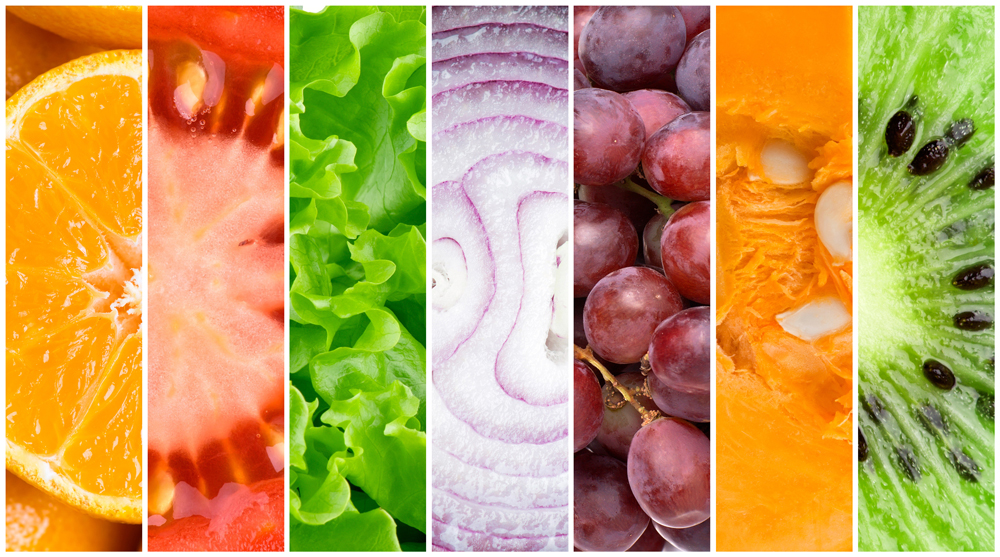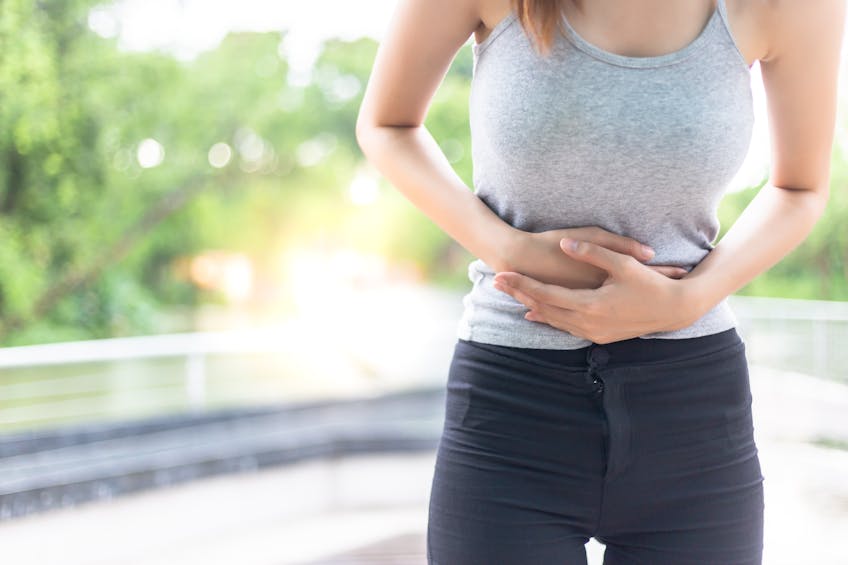Discover the 6 symptoms of an unhealthy gut
Do you struggle with your gut? Feeling your gut is not working at its fullest can be unsettling, that is why we sat down with Registered Nutritional Therapist, Gut Health & IBS Expert and founder of Gutfulness Nutrition Marilia Chamon, to give you some gut health guidance. Learn what are the 6 different symptoms that can help you identify if you might have an unhealthy gut and also learn how to get rid of bad bacteria in your gut.
What are the symptoms of an unhealthy gut?
An unhealthy gut can manifest through a variety of symptoms that can vary from person to person and may overlap with other health conditions. Here are some common symptoms of an unhealthy gut:
Digestive Issues: Persistent digestive problems can indicate an unhealthy gut. These may include bloating, gas, abdominal pain or discomfort, indigestion, diarrhoea, constipation, or a combination of both. Unexplained changes in bowel movements and irregularity can also be signs of gut dysfunction.
Food Intolerances: Developing new or increased food intolerances may suggest a gut problem. You may notice adverse reactions to certain foods, such as bloating, gas, diarrhoea, or stomach pain after consuming them. Common intolerances include lactose and FODMAPs intolerance.
Mood Disorders: The gut and brain communicate through the gut-brain axis, and disruptions in gut health can influence mood and mental well-being. Symptoms like anxiety, depression, mood swings, irritability, and difficulty concentrating may be linked to an unhealthy gut.
Skin Problems: Skin conditions such as acne, eczema, rosacea, or rashes can be a reflection of gut health. Inflammation in the gut can lead to systemic inflammation, which can manifest as skin issues.
Autoimmune Conditions: There is a growing body of evidence linking gut health to autoimmune diseases.
Nutritional Deficiencies: An unhealthy gut can impair the absorption of essential nutrients, leading to deficiencies. Common deficiencies include iron and vitamin B12. These deficiencies can cause a range of symptoms, including weakness and fatigue.

How do you get rid of bad bacteria in your gut?
Rebalancing the gut ecosystem requires a multifaceted approach:
Probiotics: Probiotics are beneficial live bacteria and yeasts that can help restore the balance of the gut microbiota. Consuming probiotic-rich foods such as yoghurt, kefir, sauerkraut, kimchi, can introduce beneficial bacteria to the gut. Additionally, probiotic supplements can provide targeted strains of beneficial bacteria to support gut health.
Prebiotics: Prebiotics are dietary fibres that serve as food for beneficial bacteria in the gut. Including prebiotic-rich foods in your diet, such as garlic, onions, leeks, bananas, asparagus, and chicory root, can help promote the growth of beneficial bacteria and discourage the growth of harmful ones.
Fibre-Rich Diet: A diet high in fibre supports gut health by promoting regular bowel movements and providing nourishment for beneficial bacteria. Incorporate a variety of fruits, vegetables, whole grains, legumes, and seeds into your meals to ensure an adequate intake of fibre.
Avoidance of Excessive Sugar and Processed Foods: Bad bacteria thrive on sugar and processed foods. Minimise your consumption of refined sugars, artificial sweeteners, and highly processed foods. Focus on whole, unprocessed foods that nourish and support a healthy gut.
Antibiotic Use: Antibiotics may be necessary in some cases, for example if Small Intestinal Bacterial Overgrowth (SIBO) is identified. Alternatively, herbal antimicrobials can also be used.
See also: What Are 5 Tips To Improve The Digestive System?
About the author

Marilia Chamon, founder of Gutfulness Nutrition
Registered Nutritional Therapist, Gut Health & IBS Expert
Instagram @gutfulnessnutrition

.jpg?auto=format&q=45&w=262&trim=auto)
.jpg?auto=format&q=45&w=262&trim=auto)
